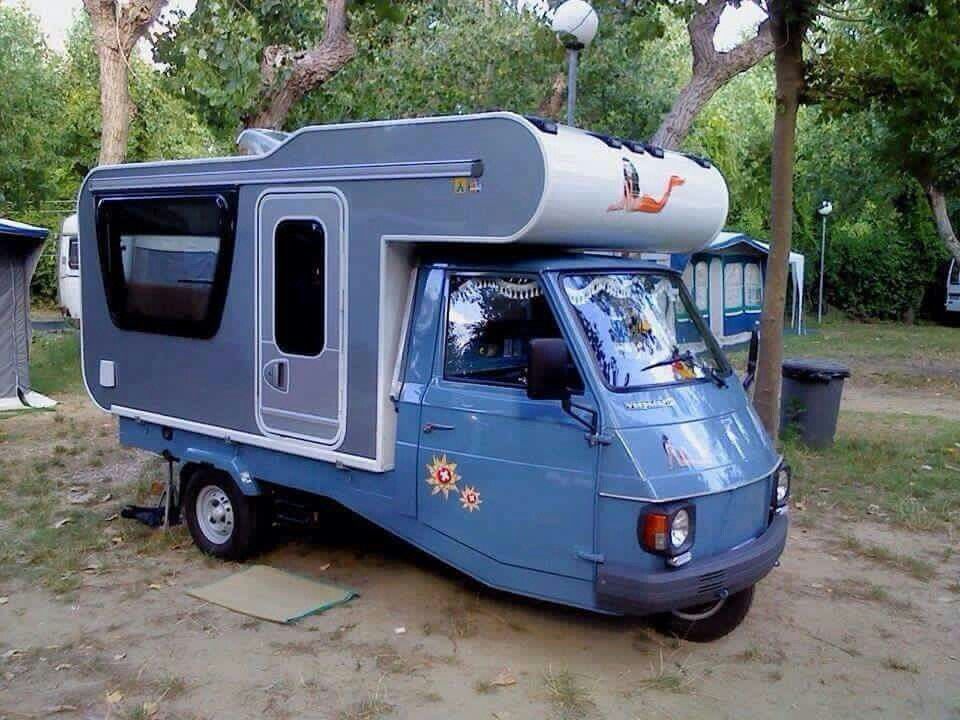vagabondpilot
Member
- Joined
- Apr 18, 2021
- Messages
- 11
- Reaction score
- 3
I've given some thought to this problem. I have an old G20 that was given to me. When the motor blows I'm going to give some serious thought to converting it to electric. Either get used tesla motors or an electric forklift motor and tie it into the current drive train. Simple ESC on the accelerator and a robust battery bank. I'm still debating on pulling a "solar trailer" which would give better charge rate and could be filled with portable panels. This is all just in my brain right now but it's all very possible. If a dumb redneck like me can learn enough to implement something like this then I can only imagine that companies will sell drop in unites if we ever reach the point of losing our gasoline infrastructure.












































































